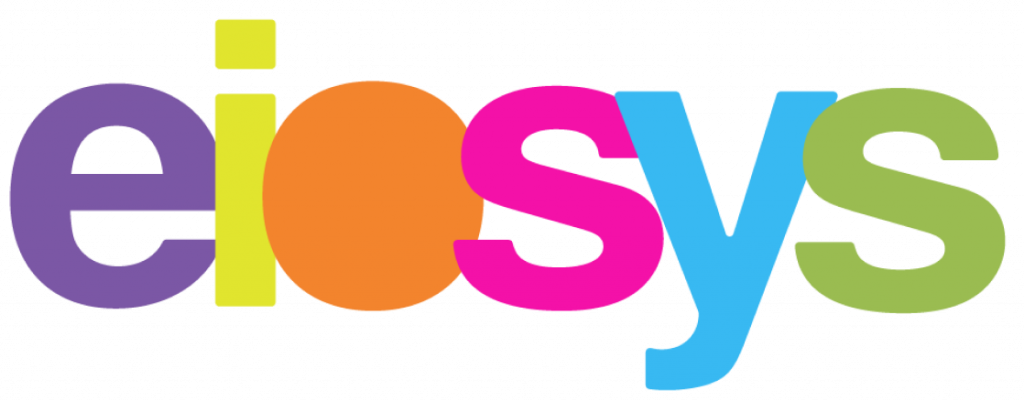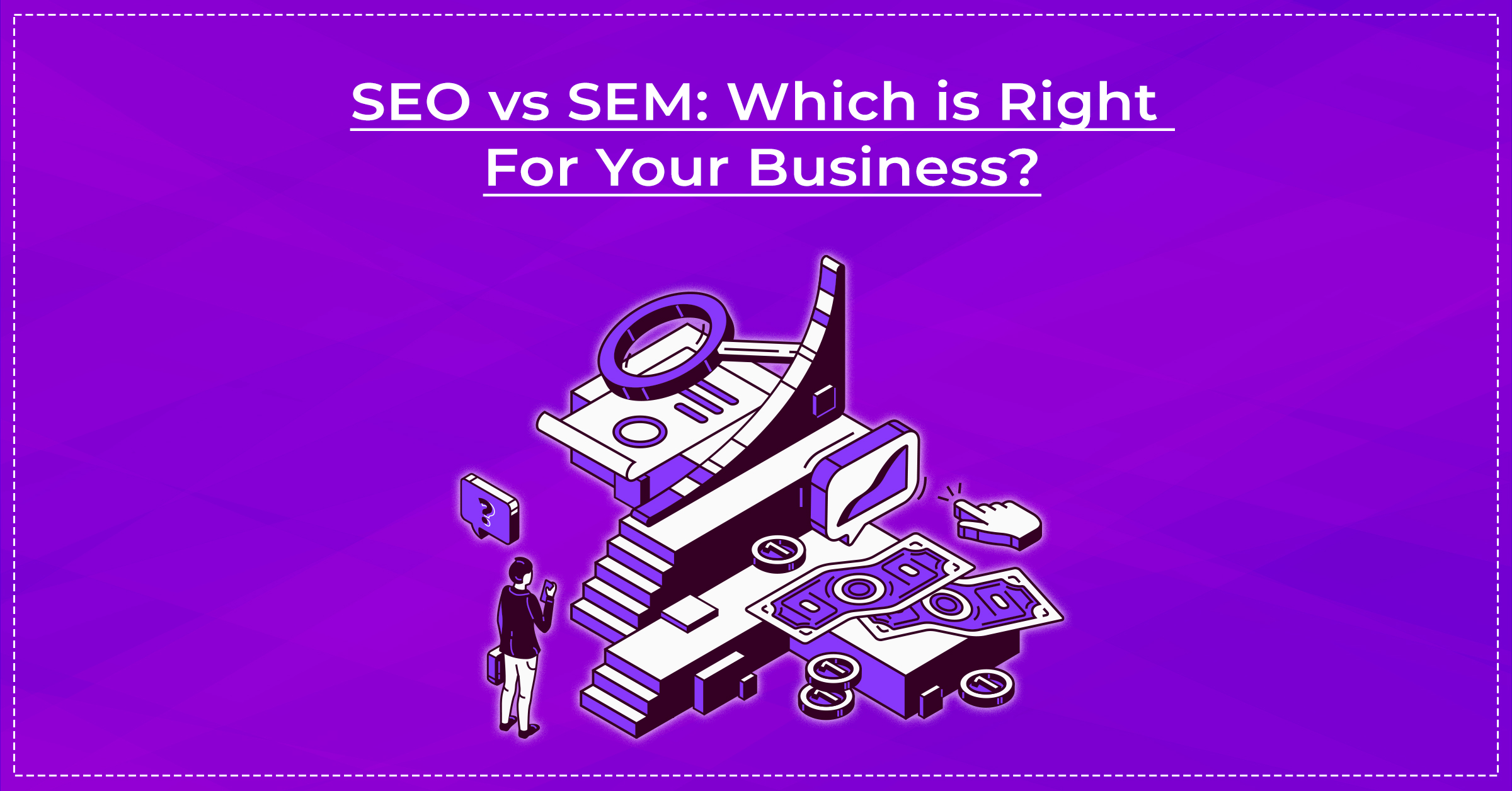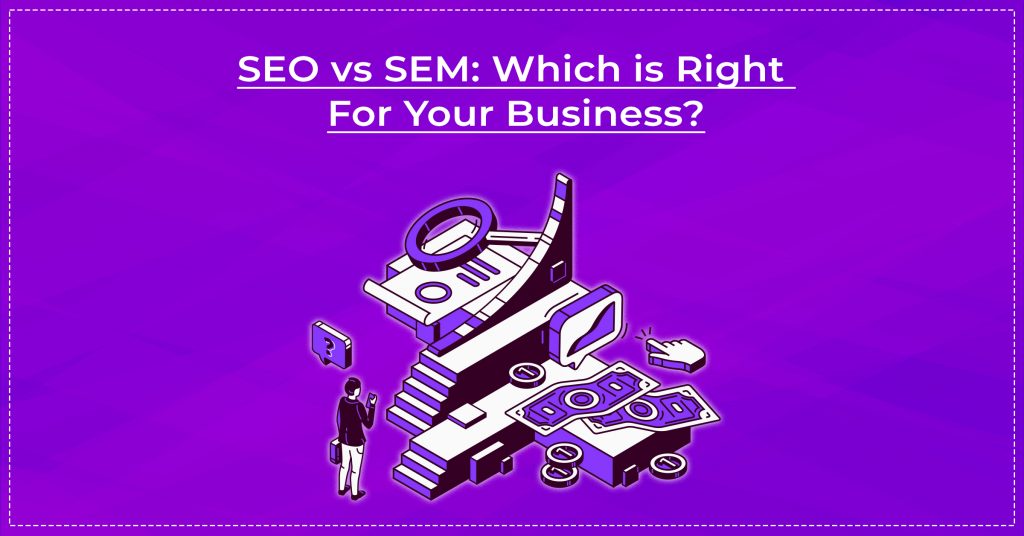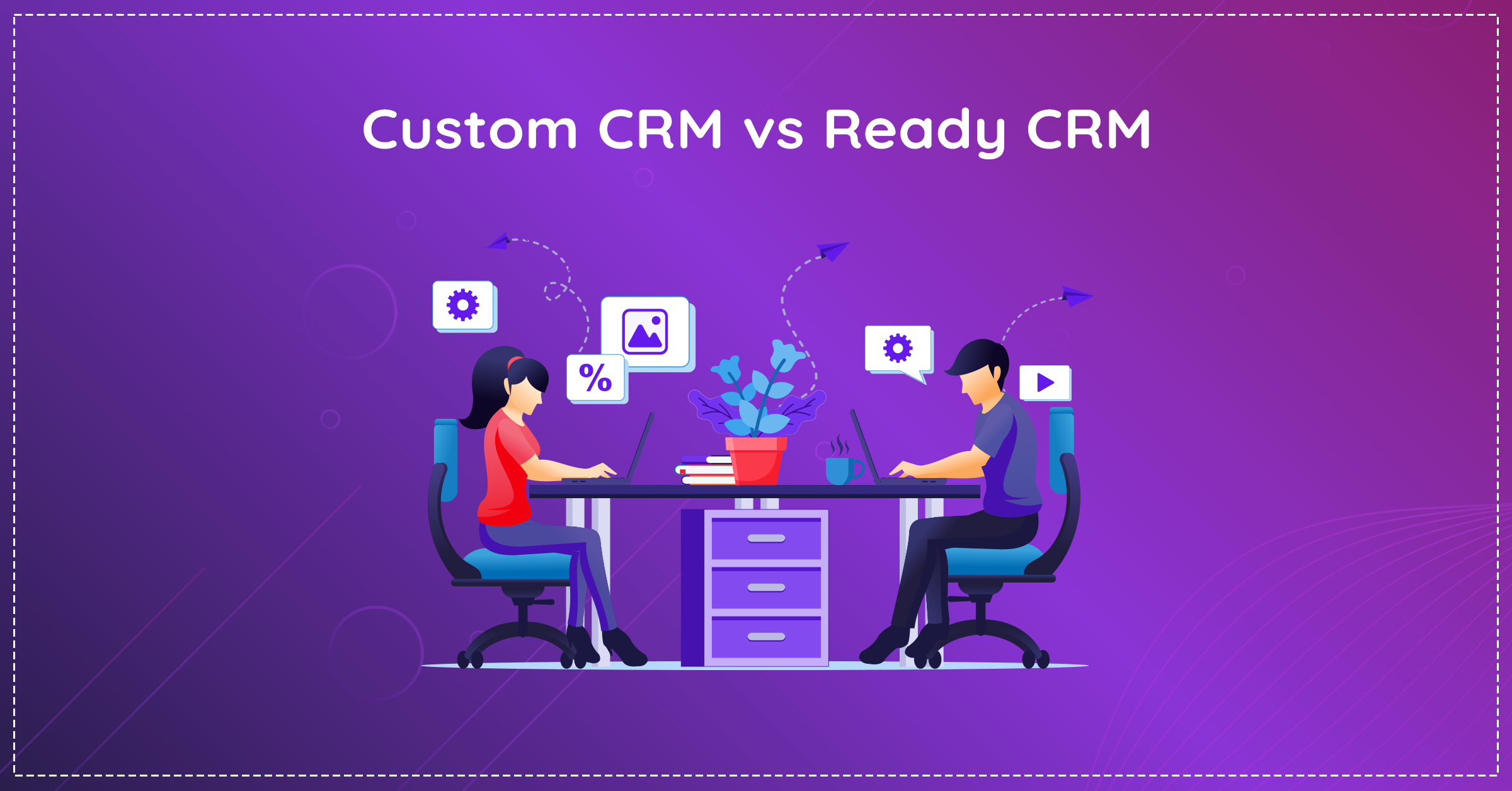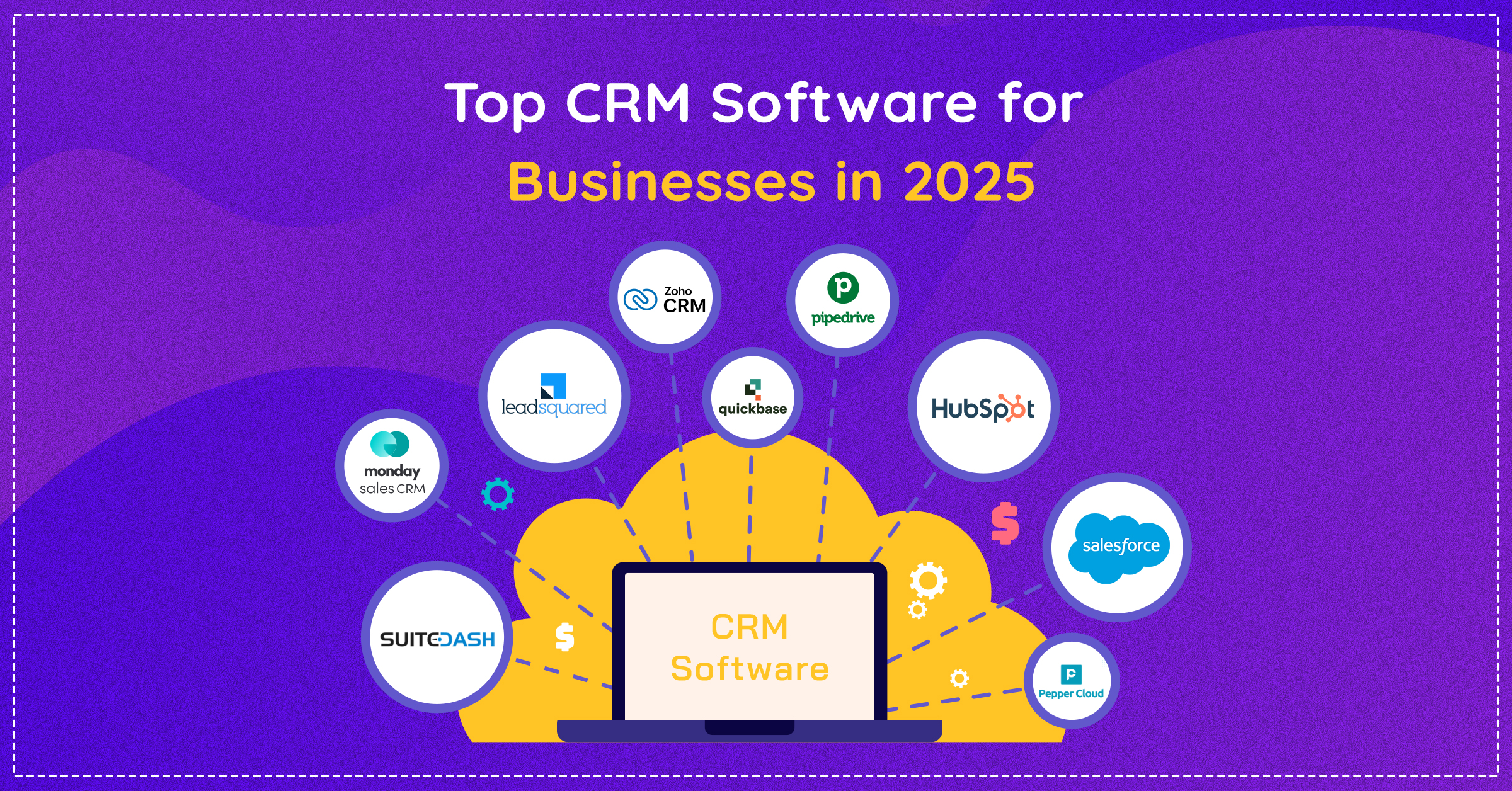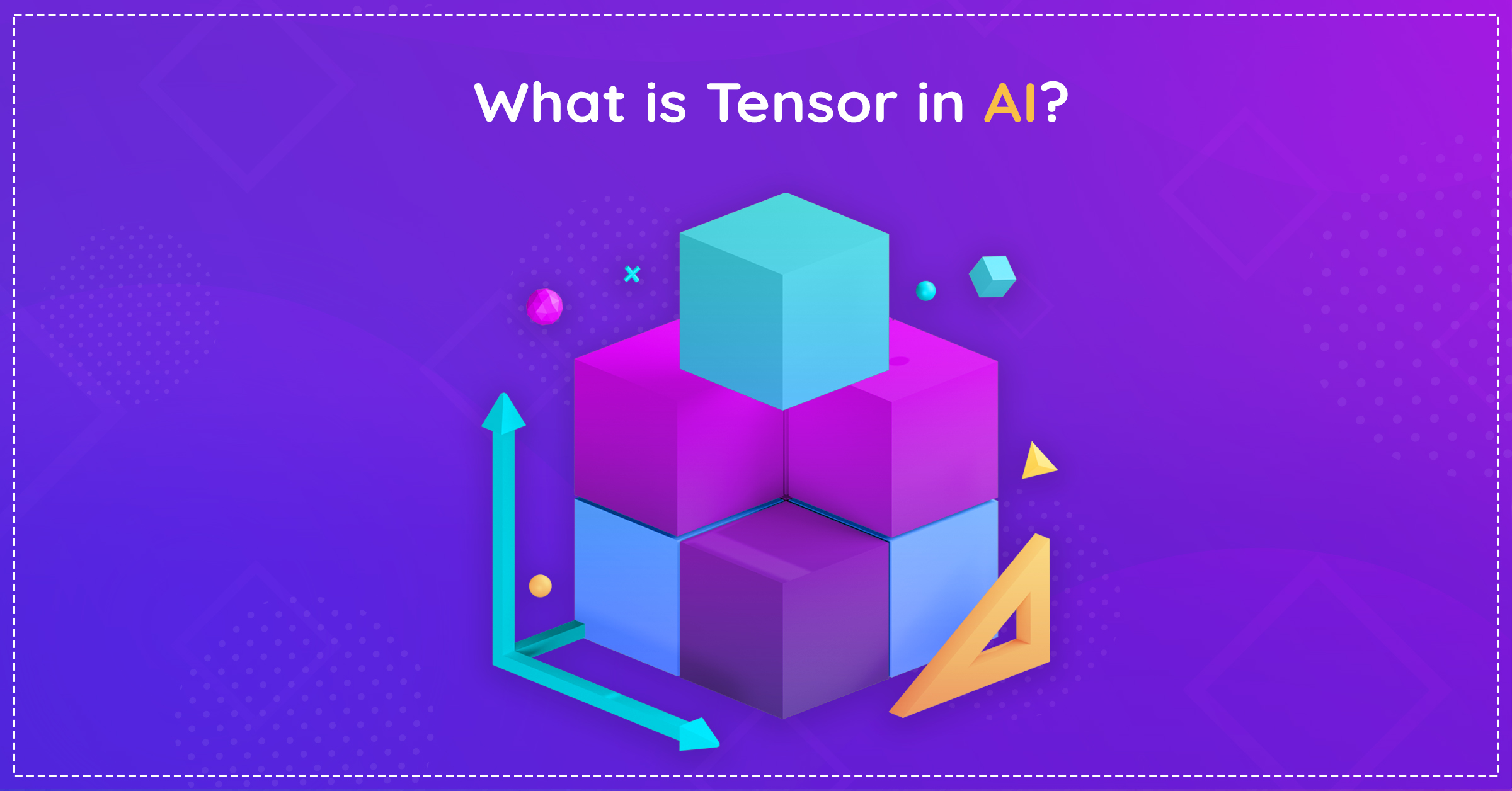In this blog, we’ll look at SEO vs. SEM and determine which suits your business.
In the current technological environment, it can be very difficult to attract attention online, especially considering that the industry has billions of people. Every day, millions of potential customers are searching for products or services just like yours. What can one do in order to make sure that they seek out you? This is where SEO (Search Engine Optimization) and SEM (Search Engine Marketing) come in. These are two important strategies since they seek to enhance the visibility of a business.
SEO is all about getting your website into a better position to rank higher in the natural search engine results and consequently attract more long-term free traffic. On the other hand, SEM involves paid strategies to quickly increase your visibility in search engine results through ads. Both approaches aim to attract more visitors to your site, but they do so in different ways and have unique benefits and challenges.
Based on extensive research, Ruchi Mishra(the author of this blog) and her team at Eiosys analyzed the SEO and SEM performance of 20+ clients across different industries. They looked at how both strategies impacted traffic, visibility, and long-term growth. After seeing the results, Ruchi decided it was important to share these findings. In this blog she intends to help businesses understand the differences between SEO and SEM and choose the right approach to achieve their respective goals.
Here’s a quick overview for those short on time
Feature | SEO (Search Engine Optimization) | SEM (Search Engine Marketing) |
Definition | Optimizing a website to improve its ranking organically in search engine results. | Using paid advertising to increase a website’s visibility on search engines. |
Cost | Lower long-term cost | Can be expensive |
Time to Results | Takes time, usually months, to see noticeable improvements. | Provides instant results as soon as campaigns go live |
Longevity of Results | Results are long-lasting | Traffic stops once the ad budget runs out |
Visibility | Focuses on improving organic search results and credibility through natural rankings. | Can appear in both organic and paid search results but prioritizes paid placement. |
Control | Less direct control over ranking | Full control over all aspects |
Strategy | Involves content creation, keyword optimization, technical SEO, and link building. | Involves keyword bidding, ad creation, targeting, and budget management. |
Measurement | Measured through organic traffic, ranking improvements, and conversion rates. | Measured by clicks, impressions, conversions, and overall ad performance metrics. |
Audience Trust | Builds trust with users | Ads are clearly labeled as sponsored, which may be seen as less trustworthy by users. |
Scalability | Scalability is possible but slow | Easily scalable with a larger budget |
Complexity | Requires technical know-how | Easy to launch |
Flexibility | Less flexible | Highly flexible |
Risk | Lower risk as less investment | Higher financial risk if ads don’t perform |
Brand Awareness | Helps build long-term brand credibility and recognition through consistent organic presence. | Increases brand visibility quickly, but may not have the same long-lasting impact. |
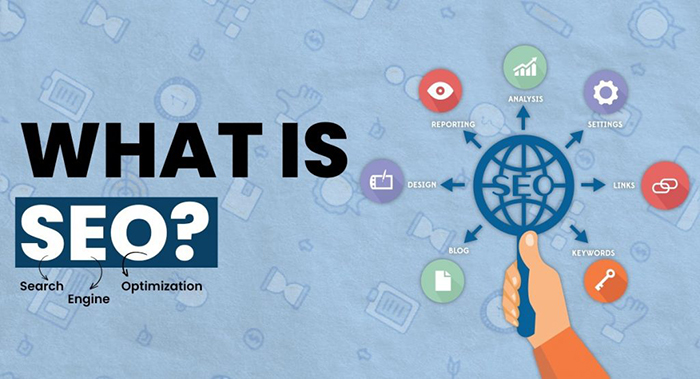
SEO or Search Engine Optimisation is a process by which a Website is optimised with an aim of improving its ranking on various search engines, especially those that deal with organic traffic or traffic that is not paid for in any way.
The objective of SEO is to have more traffic get to your site by having a higher ranking for a particular search on a search engine, for instance Google. This is carried out by using keywords and phrases, content modification, website structure changes, and adding backlinks, etc.
Benefits of Search Engine Optimisation
To know things better, 75% of users never go beyond the first page of search results? If your website or product isn’t ranking, there are high chances people would never find out about them. That’s why it’s important for you to rank high on SERPs–Out of sight, out of mind!.
While paid advertising ceases to drive traffic once the budget is over, SEO maintains a durable online presence that continues to expand over time. SEO is inexpensive as compared to the paid ads type of marketing as it calls for a lower constant investment yet it yields a very high ROI. A report by HubSpot found that inbound leads, such as those generated by SEO, cost 62% less than outbound leads, making it an attractive option for businesses of all sizes.
What is SEM?
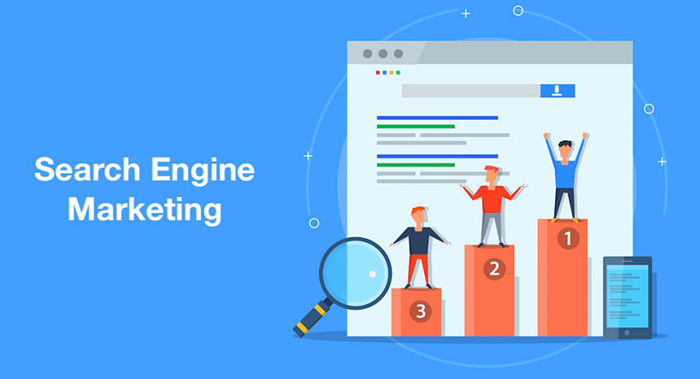
SEM or Search Engine Marketing is the paid process of using paid techniques that will enable your website to appear in the list of results that appear in SERPs. SEM typically includes Pay-Per-Click (PPC) marketing, where businesses bid on keywords to display their ads to potential customers. While SEO works towards getting your site a natural ranking, SEM delivers traffic to your site through paid advertisements.
Benefits of Search Engine Marketing
Looking into Search Engine Marketing benefits, it provides quick results, driving traffic almost instantly. This is great for businesses starting new or product launches. Google reports that businesses earn $2 for every $1 spent on Google Ads, showing a high ROI.
WordStream found that 64.6% of people click on Google Ads when ready to buy–that means 64% of people are likely to give you high-quality leads who are ready to make a purchase.
SEM also offers measurable results with detailed analytics. This helps in making data-driven adjustments to campaigns, ensuring efficient budget use. Google states that search ads can boost brand awareness by 80%, highlighting SEM’s impact on visibility.
Lastly, SEM is flexible and controllable, allowing businesses to adjust budgets, pause or modify campaigns, and test different ads to optimise effectiveness.
SEO vs SEM: What Should You Choose?
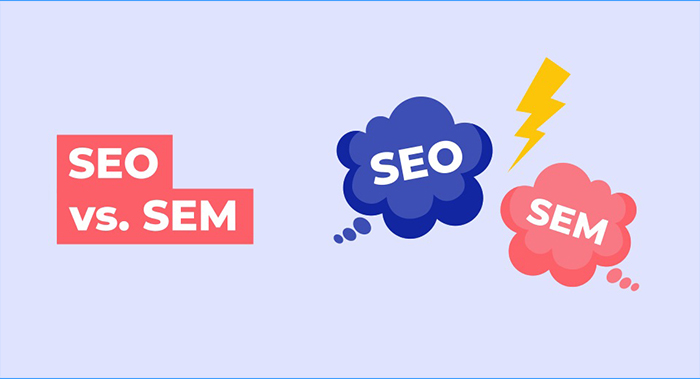
Now it’s time we understand what you should choose for your business: SEO or SEM? Or Both? Let’s find out:
Cost Comparison
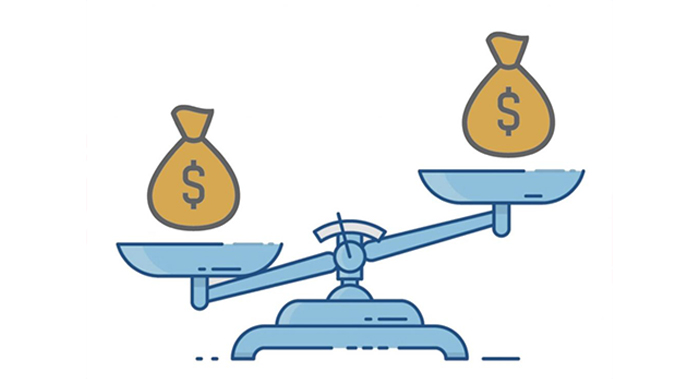
SEO requires you to spend effort on your website and content creation. It needs an initial setup and ongoing tuning, but the traffic it generates is almost cost-free once you start ranking.
SEM, on the other hand, requires paying per click on your ads. It may drive your traffic quickly but you have to invest a lot for something which is not effective after your budget runs over.
Timeframe for Results

SEO and SEM differ greatly in terms of results time frame. SEO takes time to show positive results, often several months, as it focuses on building site recognition and ranking. However, its effects are long-term and lasting.
Specially, search engine marketing for small businesses provides immediate exposure and can start driving traffic as soon as campaigns launch, making it ideal for their short-term objectives and specific outcomes.
Suitability for Different Business Goals

SEO or SEM—-they both have distinct applications for businesses. SEO is useful for long-term strategic goals, building credibility, and achieving consistent traffic. It’s perfect for businesses looking for a stable online presence.
SEM is suitable for gaining quick exposure and driving fast sales, such as promoting a new product or an upcoming sale. It reaches the target audience immediately, making it better for short-term strategies or highly competitive industries.
Traffic Type
SEO uses organic traffic, which is free, and people are less sceptical about it. Organic searches are usually preferred by users because they figure these will provide the best and most accurate content available.
SEM, on the other hand, uses paid traffic. It can be beneficial to get large amounts of visitors to your site in a short time as it uses advertising calls. Although paid traffic can bring prompt fulfilment, there is lack of trust building in this way.
Control over Traffic
With SEO, you cannot determine how soon you will reap the benefits or how much traffic you will get since it is affected by many other aspects, like search engine algorithms.
On the other hand, SEM allows 100% control over the volume of traffic. It is you who will determine how your ad campaigns will run, which keywords to focus on, who will see your ads and how much money is allocated for each or the whole campaign.
Suitability for Different Business Goals
For the purposes of SEO, credibility and trust are built and earned over the long run. Organic results are trusted more than paid results and hence are the more clicked on. Features of a website that include various backlinks to the site score highly in the eyes of search engines, which is a form of building trust.
SEM, while effective for visibility, doesn’t build the same level of trust. Users are often aware that paid search results are ads, and while they may click on them, they don’t view them with the same level of credibility as organic results. This can make SEM less effective for trust-building, especially in industries where trust is a key factor.
Technical Complexity
SEO requires an in-depth understanding of various technical factors, including site architecture, backlinks, keyword optimisation, mobile-friendliness, and page load speed. It’s a complex, ongoing process that needs constant adjustments as search engine algorithms evolve.
SEM is relatively easier to implement from a technical standpoint, but it requires expertise in setting up campaigns, understanding bidding strategies, and creating effective ad copy. While less technical than SEO, managing SEM campaigns effectively can still be challenging, especially when it comes to optimising for maximum ROI.
competitive industries.
Integration of SEO and SEM

Though SEO and SEM can be used on their own, combining both boosts marketing efforts. SEO builds long-lasting organic traffic and credibility. SEM provides fast promotion and can boost specific campaigns. For example, SEM can identify high-performing keywords, which can then be targeted with SEO. The best is to use both strategies to ensure optimal solutions for different requirements– both short-terms and long-term goals.
The Bottom Line
Choosing between SEO and SEM depends on your business goals, budget, and timeframe. While SEO is great for developing the website’s credibility and stable traffic, SEM is a perfect option for gaining attention right now. Both can work well integrated and can really help your online marketing to work for the short term and the long term.
Are you ready to take your business to the next level of online marketing? Contact Eiosys today for SEM and SEO services personalised to your business needs. Get in touch with us right now and learn how we can improve your company’s performance.

